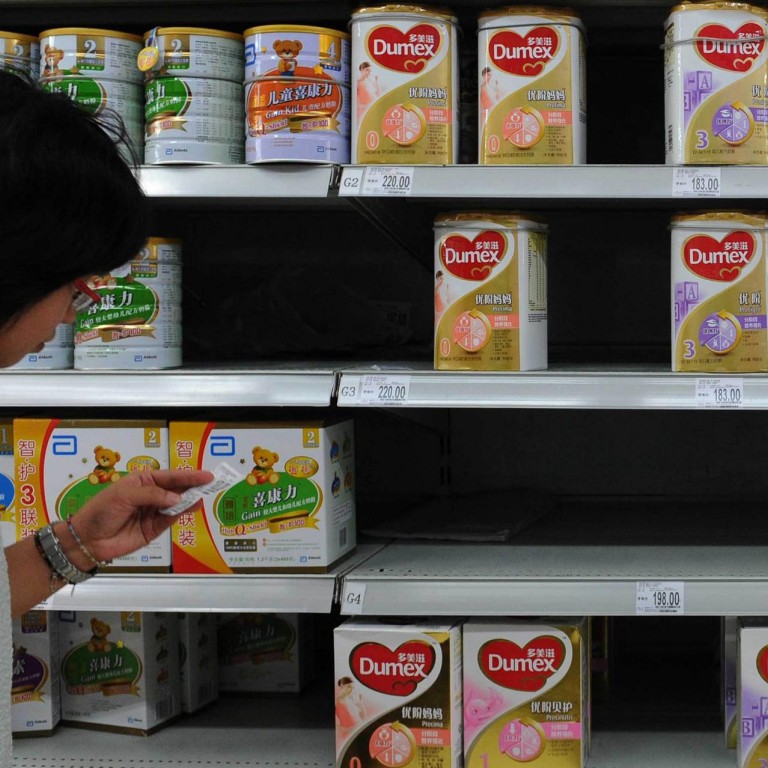
Dairy contamination scare hits New Zealand's image
Exports to China put at risk by fears of tainted baby formula from milk producer Fonterra
New Zealand is finding that its greatest strength is also its Achilles' heel.
A contamination scare at milk-producer Fonterra Co-operative Group is jeopardising export ties with China, which this year overtook Australia as New Zealand's biggest trading partner. Dairy is the largest foreign exchange earner, accounting for 28 per cent of overseas sales in an economy where exports make up about a third of output.
"The events of the past few days are a stark reminder of New Zealand's increasing vulnerability to a single product and to a single export destination," said Doug Steel, an economist at Bank of New Zealand.
"Any lingering major concern about the quality of New Zealand's food production could have far-reaching economic implications."
The nation's currency fell to a one-month low after Fonterra, the world's largest dairy exporter, said on August 3 that a dirty pipe at a processing plant may have tainted whey protein used in baby formula with botulism-causing bacteria.
New Zealand's "100% Pure" tourism slogan is becoming a "festering sore," Xinhua wrote in an editorial about the scare, saying that buyers of New Zealand's goods are losing faith in its clean, green image.
New Zealand's dollar fell more than 1 US cent when markets opened on August 5 and traders pared bets on higher interest rates this year on concern that the incident may weaken the US$156 billion economy.
The news prompted product recalls in China, Vietnam, Thailand, Sri Lanka and New Zealand. Russia halted importation and distribution of Fonterra products and its veterinary agency has written to New Zealand's Food Safety Authority asking it to suspend the firm's certification.
Whey protein is used in goods ranging from infant formula to sports drinks. Fonterra chief executive Theo Spierings apologised in Beijing on August 5 and expressed optimism that Chinese import restrictions will be lifted soon.
In 2008, Fonterra's Chinese partner Sanlu Group collapsed after locally made melamine-contaminated milk powder killed and hospitalised babies, causing an industry-wide scandal.
In January this year, Fonterra had to assure China that traces of an agricultural chemical found in some milk posed no health risks.
